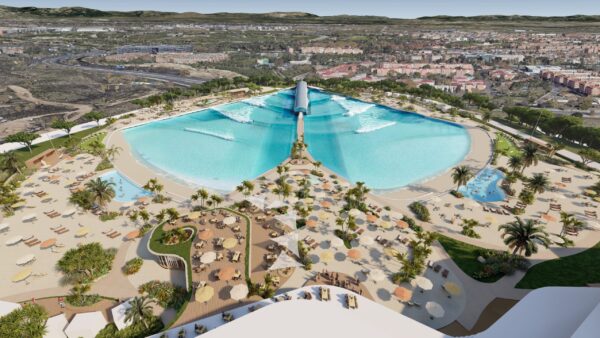
March 12, 2025 | Articles
Get Stoked: Hill International Makes Big Waves in Spain’s Surfing Scene
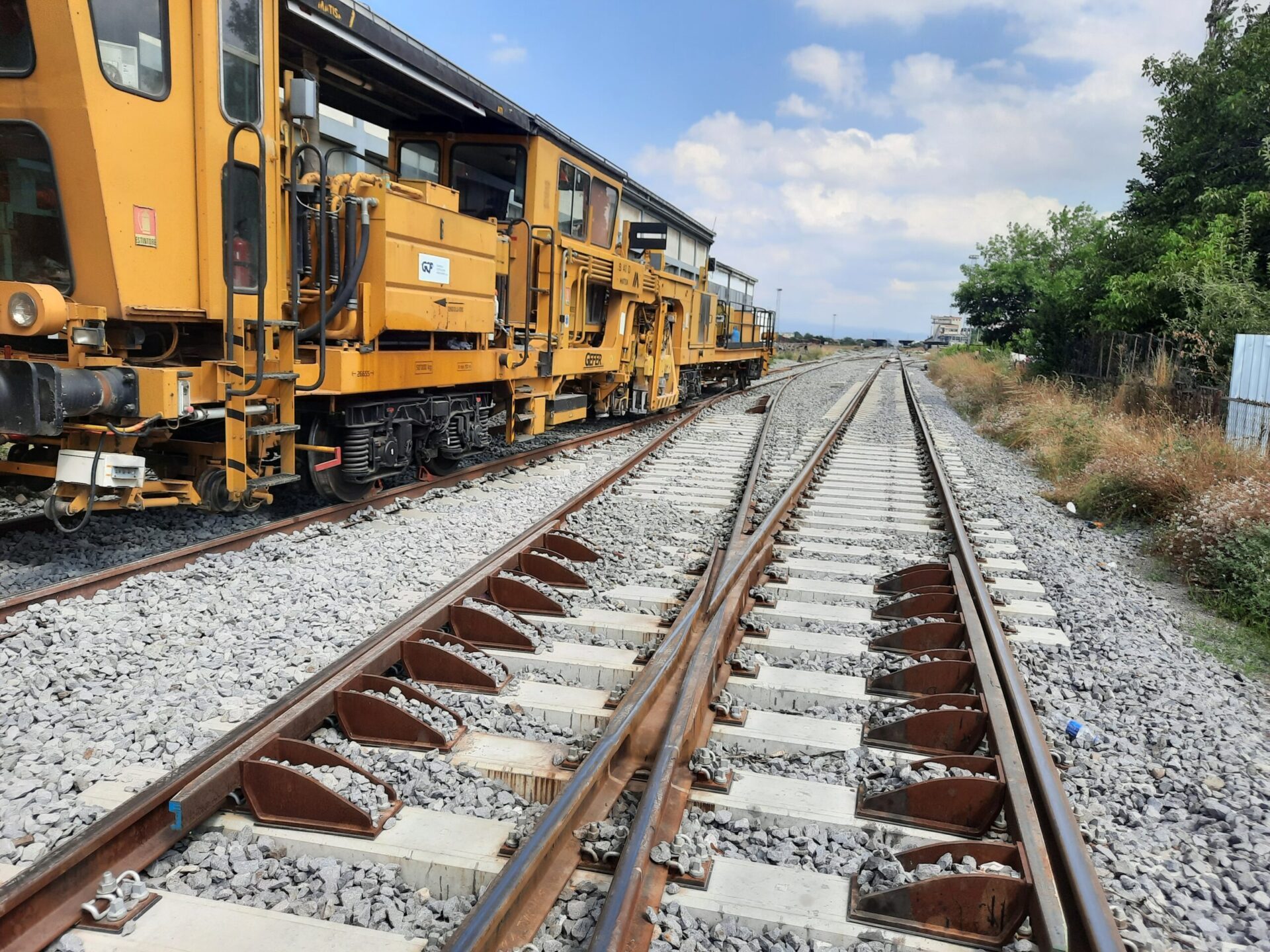
Kosovo’s Railway Route 10 runs from the country’s border with Serbia in the north to the border with North Macedonia in the south. An important national and pan-European link comprising Kosovo’s sole railway connection to the wider region, it is also part of the Trans-European Transport Network’s (TEN-T) Core Network Corridors and a key connector between Europe’s rail lines and maritime shipping routes in the Mediterranean Sea—especially through the nearest port of Thessaloniki. However, the alignment today requires several upgrades and improvements to bring the route into compliance with European Union (EU) railway standards and enable faster travel.
Accordingly, the European Bank for Reconstruction and Development (EBRD) is investing in a comprehensive rehabilitation of the route to take place over three phases. Infrastruktura e Hekurudhave të Kosovës (Infrakos), the agency responsible for the operation and maintenance of Kosovo’s railway network, is leading the implementation.
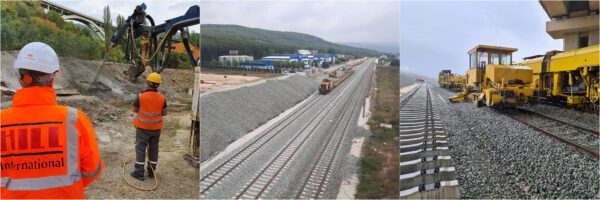
Phases 1 and 2 are currently underway, with Phase 3 in the planning stage. The whole project will bring Railway Route 10’s existing infrastructure and equipment into compliance with TEN-T and EU standards. This includes upgraded or new high-level signage, telecommunication equipment, switches, tracks, track bed, culverts, bridges, and tunnels. Overall, the project represents the largest investment in Kosovo’s railway transportation infrastructure in decades. The upgrades will allow for an increase in passenger and freight travel speeds up to 120 km/h and an increase in freight axel load to 22.5 tons.
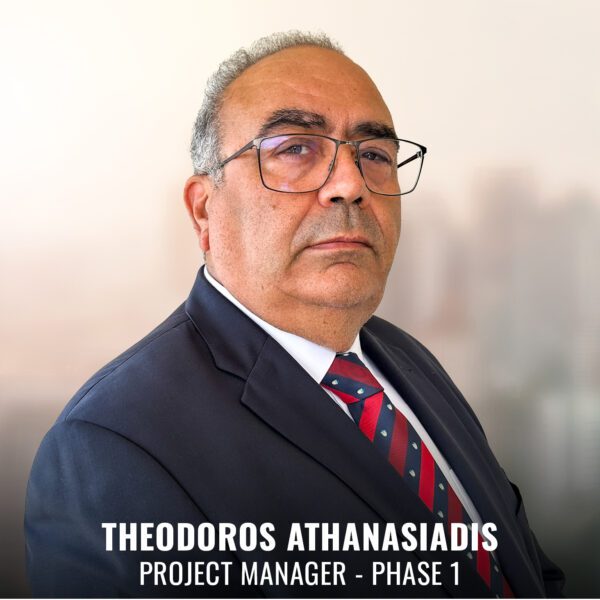
Since a railway project of this scale has not taken place in Kosovo for years, there have understandably been challenges in its implementation. “Some members of the wider project team had limited experience with railway infrastructure, superstructure materials, tunnels, steel bridges, and station platforms at the start of the project,” says Resident Engineer Theodoros Athanasiadis, who leads Hill International’s management consultancy team on the project’s first phase. “In particular, it has been a challenge to help local contractors bring their methods into compliance with the Contract’s requirements, Eurocodes, and EU norms.”
In addition to quality issues impacting both ongoing phases, Theodoros mentions material cost escalation—especially through the height of the COVID-19 pandemic—the discovery of hazardous materials and unexploded ordnance along the alignment, and property and right-of-way issues.
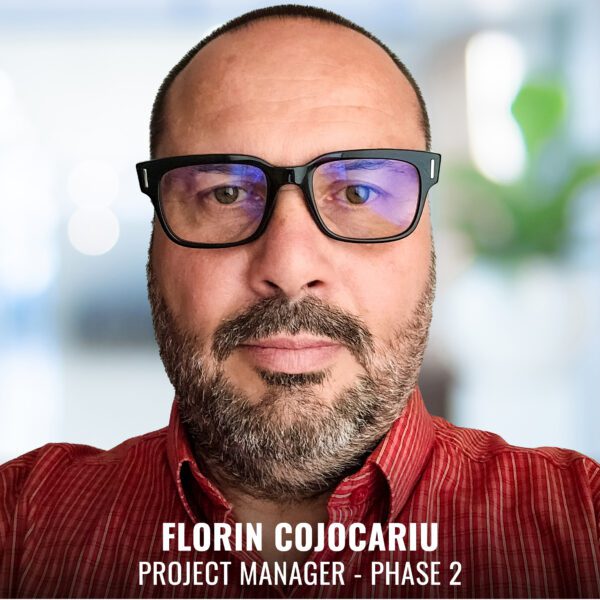
“Hill and, on the second phase, our joint venture (JV) partner DB Engineering and Consulting have worked with Infrakos and the entire project team to control costs, prevent further delays, and promote the execution of the works in compliance with all contractual obligations and EU standards,” adds Hill Resident Engineer Florin Cojocariu, team leader for the second phase of the project. Some solutions of note include:
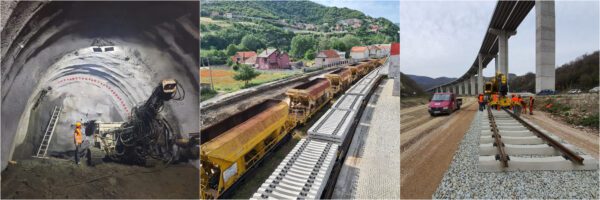
Perhaps most importantly, Hill has provided expertise in EU quality standards throughout the entire project. Senior team members, including Florin and Theodoros, have leveraged familiarity with standard EU contract documents and EU-funded infrastructure projects in the Balkans to lead negotiations with the contractor, support expropriations, better manage change, and implement robust quality assurance/quality control procedures. By filling in knowledge gaps on the team, Hill has helped ensure EU funds are implemented appropriately and the people of Kosovo receive high-quality, safer, and more efficient rail infrastructure.
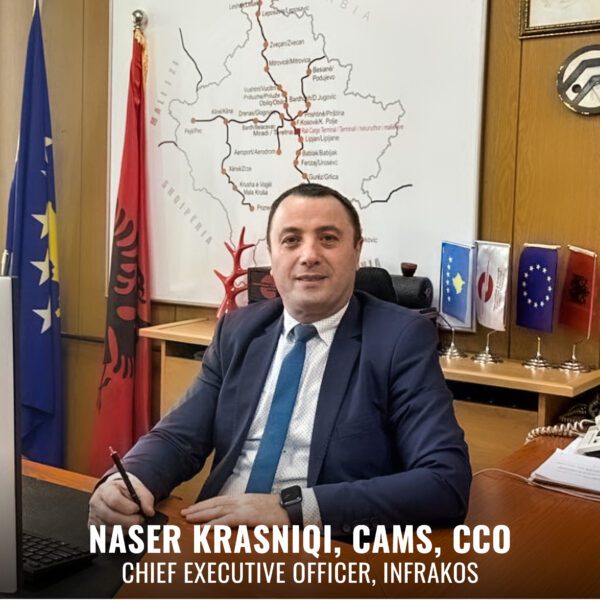
Naser Krasniqi, Chief Executive Officer of Kosovo Railways, said of the project, “This work will better connect Kosovo with the wider region and the entirety of Europe, all while bringing our critical infrastructure in line with modern standards. I’m confident we have the right team in place to achieve these goals.”
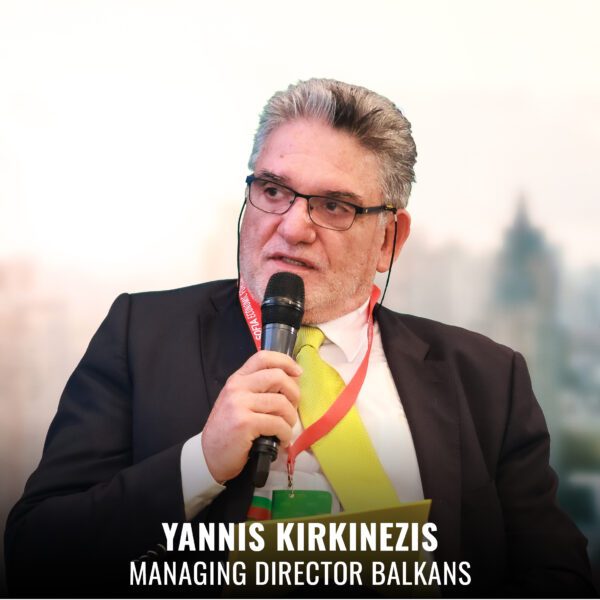
“We’ve been delivering infrastructure projects in Kosovo for more than a decade,” says Hill Vice President and Managing Director Balkans Yannis Kirkinezis.
“Florin, Theodoros, and our entire project team are proud to share the experience they have and help Infrakos deliver this project of national, regional, and European importance. As all members of the project team learn more and more about standard EU rules, project controls best practices, and the unique constraints of this one-of-a-kind project, I believe Phases 1 and 2 will accelerate towards completion. By collecting our lessons learned from the first two phases of the implementation, our teams have also given Infrakos a strong base from which to launch into Phase 3.”
Share

March 12, 2025 | Articles
Get Stoked: Hill International Makes Big Waves in Spain’s Surfing Scene

March 9, 2025 | Articles
Project Manager TJ Pinales: Helping Along the Road in San Antonio

March 4, 2025 | Articles
Balancing the Equation: An Interview with Project Manager Tracy Wiyrick

March 1, 2025 | Articles
A Lifelong Project: Calypso Kyriakopoulou’s Multifaceted Career in Construction

February 10, 2025 | Articles
Dual Delivery: A Viable Strategy for Complex Transit Projects

January 23, 2025 | Articles
Plotting a Roadmap to Success on the Torres de Colón Renovation
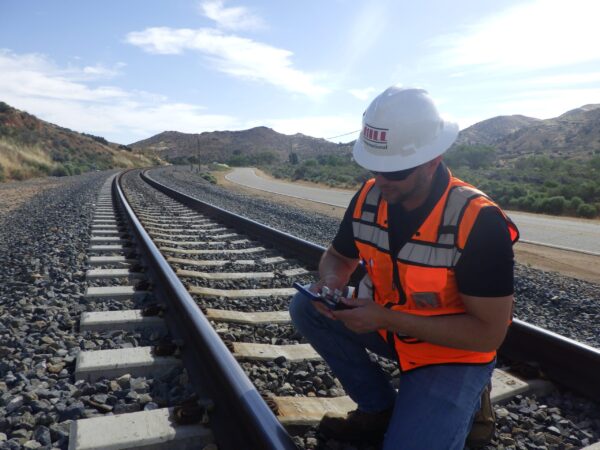
December 12, 2024 | Articles
Progressive Design-Build for Rail and Transit Projects: Room to Run

December 9, 2024 | Articles
Unlocking Growth: Maximizing the Benefits of the SBA’s Mentor-Protégé Program

December 8, 2024 | Articles
Mediterranean Luxury a Century in the Making: Four Seasons Resort Mallorca at Formentor